assimilate (v)
/əˈsɪm·əˌleɪt/
đồng hóa
to become, or allow someone to become, a part of a country or community rather than remaining in a separate group

domesticate (v)
/dəˈmes·tɪˌkeɪt/
thuần hoá (súc vật)
to bring animals or plants under human control so that humans may use them as food, for power, or as friends
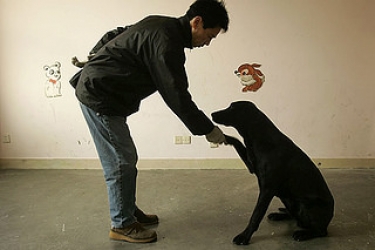
folklore (n)
/ˈfoʊkˌlɔr/
văn hóa dân gian
the traditional stories, beliefs, and customs of a group of people
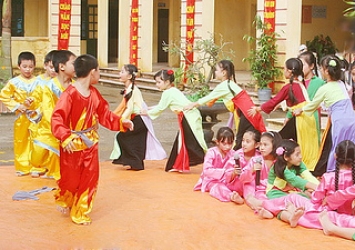
vestige (n)
/ˈves·tɪdʒ/
vết tích
a small part left from something larger and more important, esp. one that is no longer used
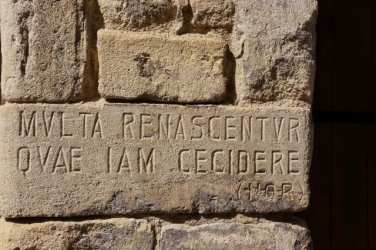
aborigine (n)
/ˌæb·əˈrɪdʒ·ə·ni/
thổ dân
a member of any of the groups of people who first lived in Australia
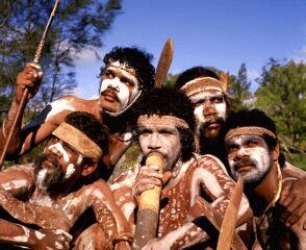
evidence (n)
/ˈɛvədəns/
bằng chứng
one or more reasons for believing that something is or is not true

prehistoric (a)
/ˌpriː.hɪˈstɔːr.ɪk/
(thuộc) thời tiền sử
relating to the period of time before history was first written down
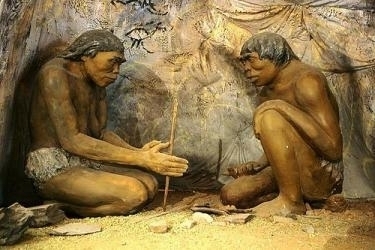
cultivate (v)
/ˈkʌl.t̬ə.veɪt/
trồng, canh tác
to prepare land and grow crops on it, or to grow a particular crop
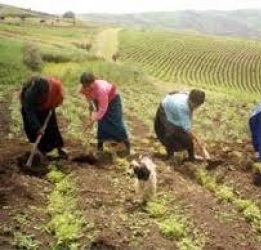
camouflage (n)
/ˈkæm·əˌflɑʒ/
sự ngụy trang
a way of hiding soldiers and military equipment, using paint, leaves, or nets, so that they look like part of their surroundings
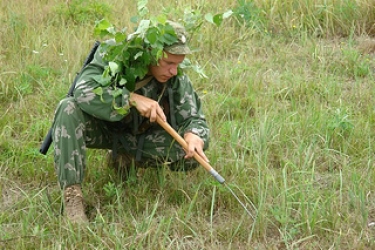
identity (n)
/ɑɪˈden·tɪ·t̬i/
bản sắc
the characteristics, feelings, or beliefs that distinguish people from others

circumcision (n)
/ˌsɜr·kəmˈsɪʒ·ən/
sự cắt bao quy đầu
the act of circumcising someone; the religious ceremony when someone, especially a baby, is circumcised

subsist (v)
/səbˈsɪst/
vẫn có thể sống, tồn tại được (khó khăn)
to manage to stay alive, especially with limited food or money
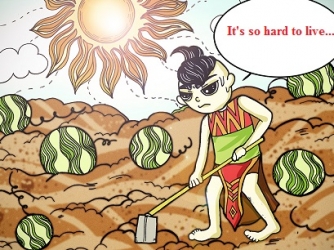








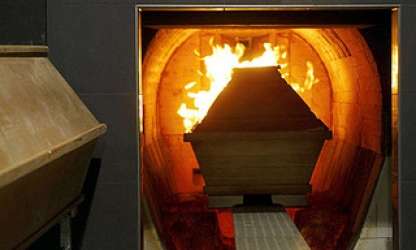
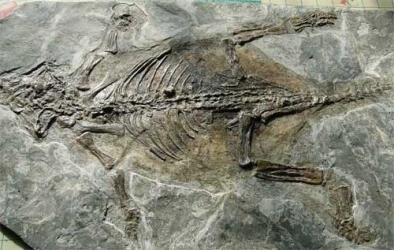
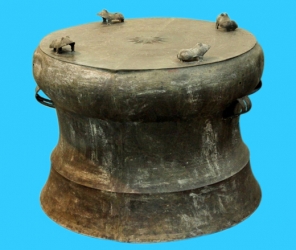


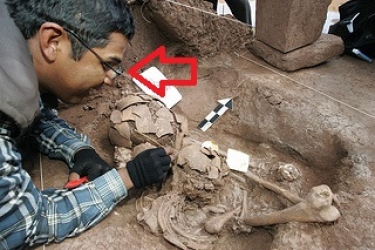
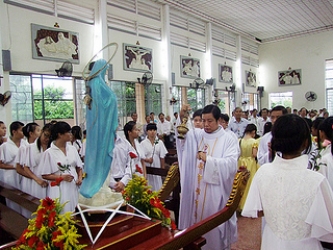

















 Hãy đăng ký thành viên và đăng nhập để sử dụng chức năng này!
Hãy đăng ký thành viên và đăng nhập để sử dụng chức năng này!
Bình luận